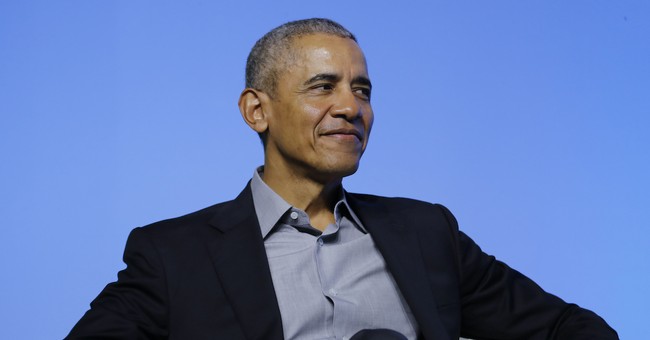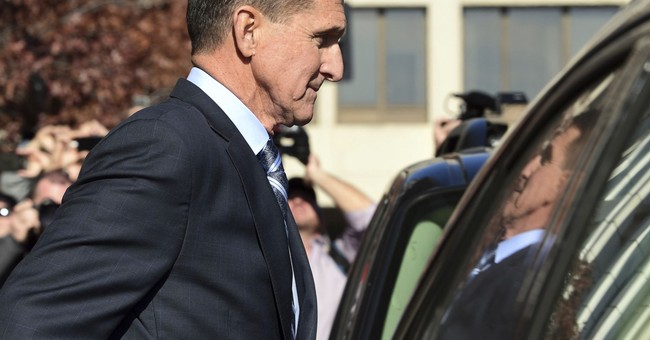Poor Poor Husky Shit Shit.......
Hope your Zelle account is worth selling out your Country....





the stupid people think that when we make fun of them it makes them stronger. they're not wrong...but it's so hard to resist.

It use to be you only saw these people on rare occasions and one would marvel at how they survive being so stupid (of course, sadly, they are overwhelmingly the victims of blizzard accidents each year), but now they gather together wearing similar outfits and carrying misspelled signs so they are easily identifiable.the stupid people think that when we make fun of them it makes them stronger. they're not wrong...but it's so hard to resist.

So is this virus just the flu and we should open up and as trump says, "liberate your state" (from the guidelines restrictions his task force put in place and he endorsed)?
Or is it so deadly we need to close the country to any immigration?
You certainly ascribe a great deal of power to me.NoNoNo......." We The People " need to LIBERATE from Imbecile Lemming such as YOU who
are dragging our Country THRU HELL !
You certainly ascribe a great deal of power to me.






